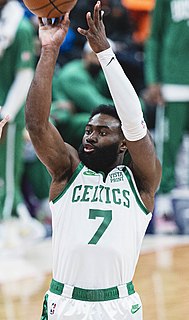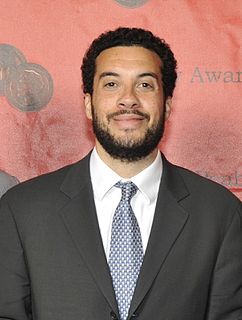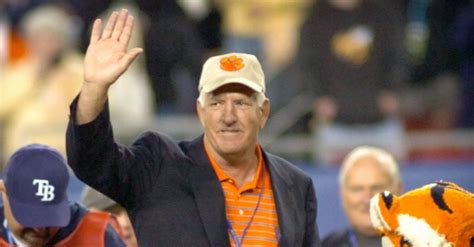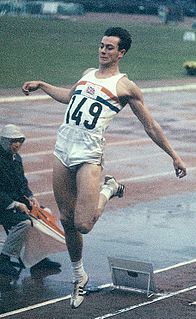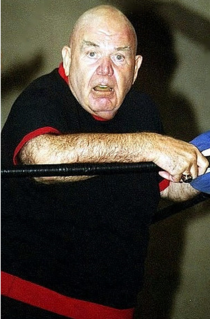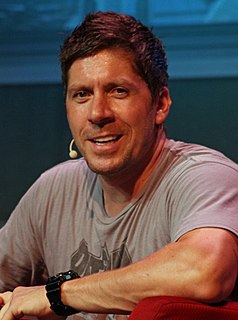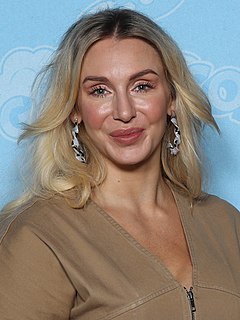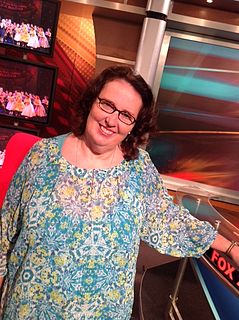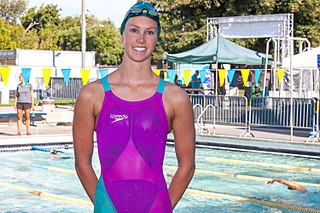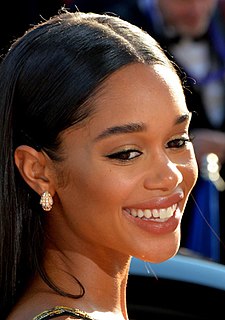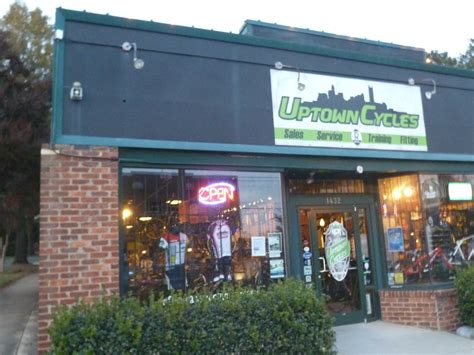A Quote by Jay-Z
Growing up where I grew up, we looked to athletes. They were our first heroes. They came from the same places we came from. I mean, you can't watch TV and see someone who is successful that you can really relate to. That person isn't real; he doesn't exist. But athletes traveled the world, had these big houses and gave their families a better life.
Related Quotes
It's nice that I've grown up with the same friends since I was 12, I have a very close knit set of them... I grew up with a lot of people who a lot of other people regarded as heroes, and no one ever came to me for advice, no one ever came to me for protection, and so I don't ever really think I've been looked at as a hero.
O.J. Simpson was primarily interested in O.J. His rise to fame in the late '60s coincided with the period where black athletes were more outspoken and political than in any era. You're talking about the generation of black athletes that came about after Jackie Robinson. Athletes after that were just happy to find a place in sports. But when you got to the mid-'60s, you had athletes like Jim Brown and Muhammad Ali, who were very outspoken on the issues of race and civil rights.
The 7 Practices of Exceptional Student Athletes is an excellent book for student athletes to understand what it takes to be successful. It covers all phases of life, and it is filled with wonderful wisdom. Illustrated by brilliant examples of very successful people, The 7 Practices of Exceptional Student Athletes forces student athletes to use their common sense as they work to achieve their goals. Raven Magwood is a very talented person and an extremely gifted writer.
The Cardiff Half Marathon has already proved itself to be one of the biggest and best road races in the U.K., and when the best athletes in the world run on the same course, the times should be spectacular. But the real beauty of this event is that ordinary runners get the chance to line up on the same start line as the best athletes in the world.
When I played Darth Maul, it sort of came from inside. I'm not saying it was natural, but I really enjoyed it, and I think I was tapping into my childhood, growing up with 'Star Wars.' And I grew up with G.I. Joe as well. Same as 'Thundercats' and 'Transformers' and 'He-Man.' And so I think it was the inner kid in me just came out.
I think that people all grow up and have their same personalities, but you can say, "Oh, I can see the roots of this personality, which I didn't like, but then you grew up, and I can still see you as that person, but I do really like you now." Which is sort of how I feel about children - I mean, about children who I knew when I was a child and grew up with, and they're still my friends, and children that I know as children who I see growing up, and every year I like them more.
We aren't in high school. We aren't really in our families and we aren't in our houses. Those are the places we grew up and the times we spent together, but they aren't us. If think they are, then we're lost, because times end and places are lost. We aren't any place or any time . . . We are everywhere.

